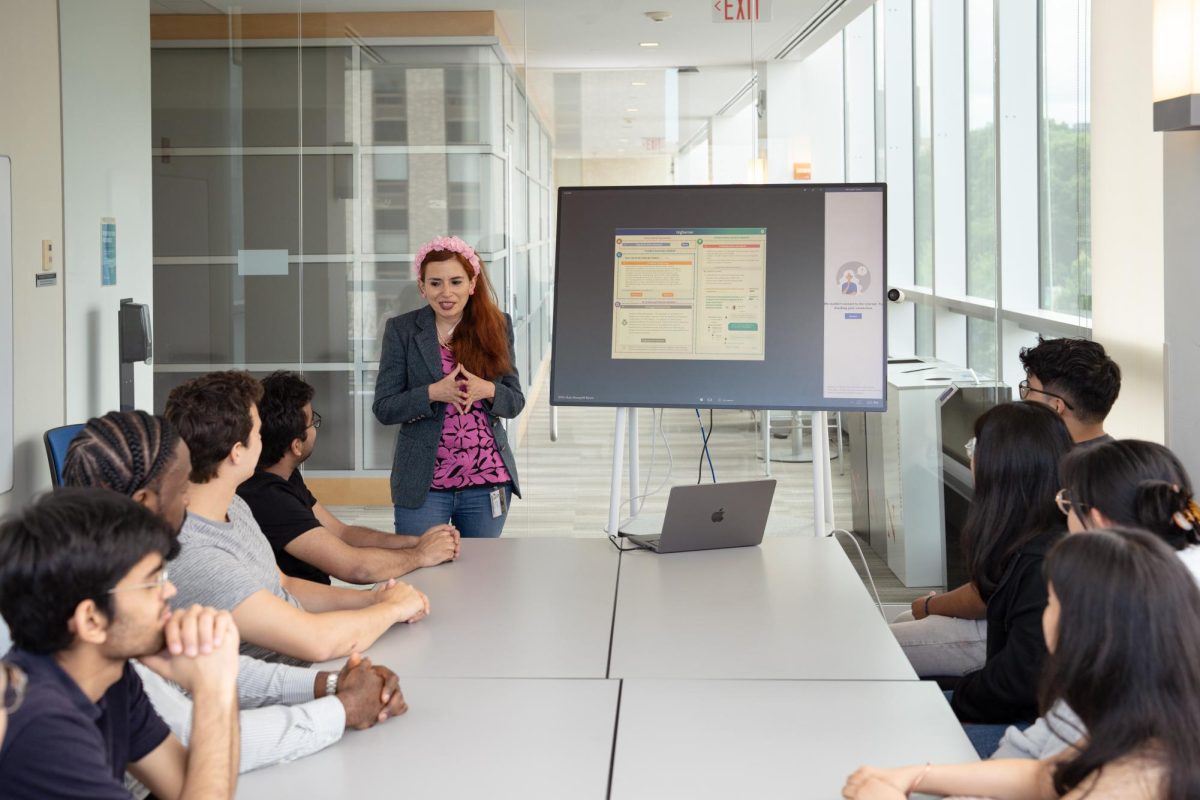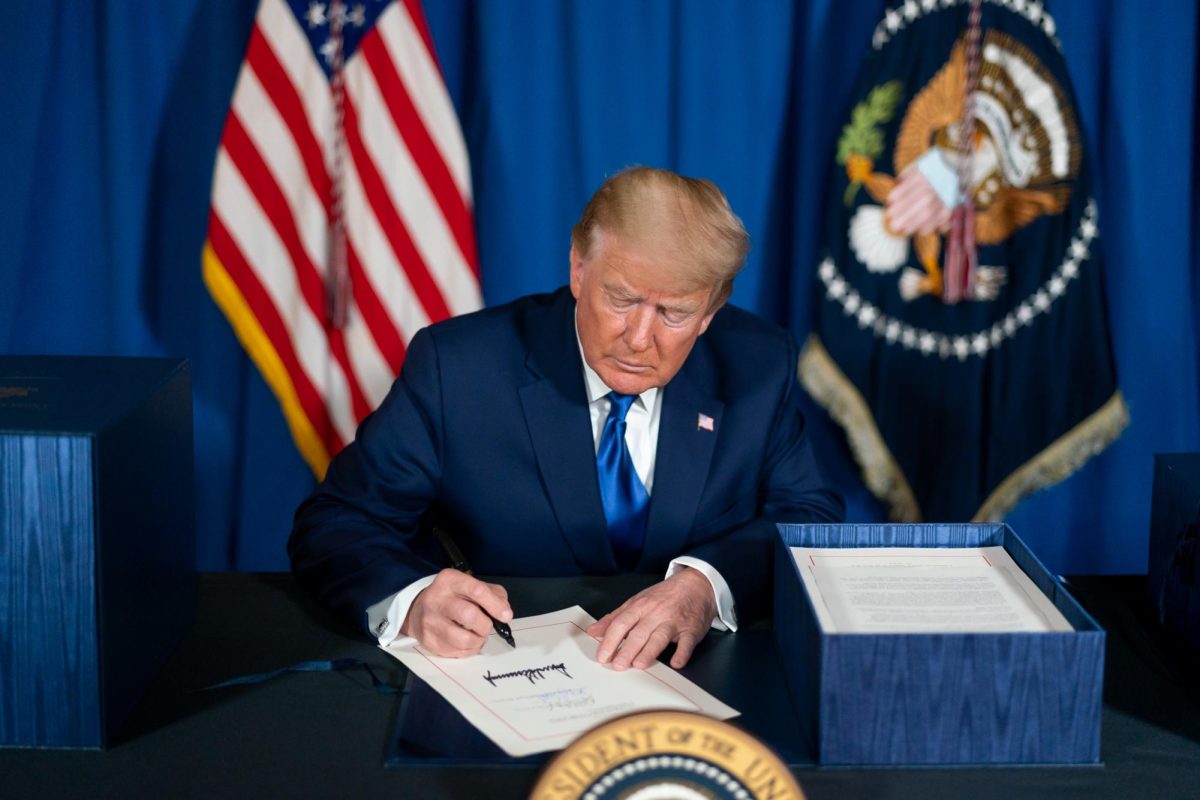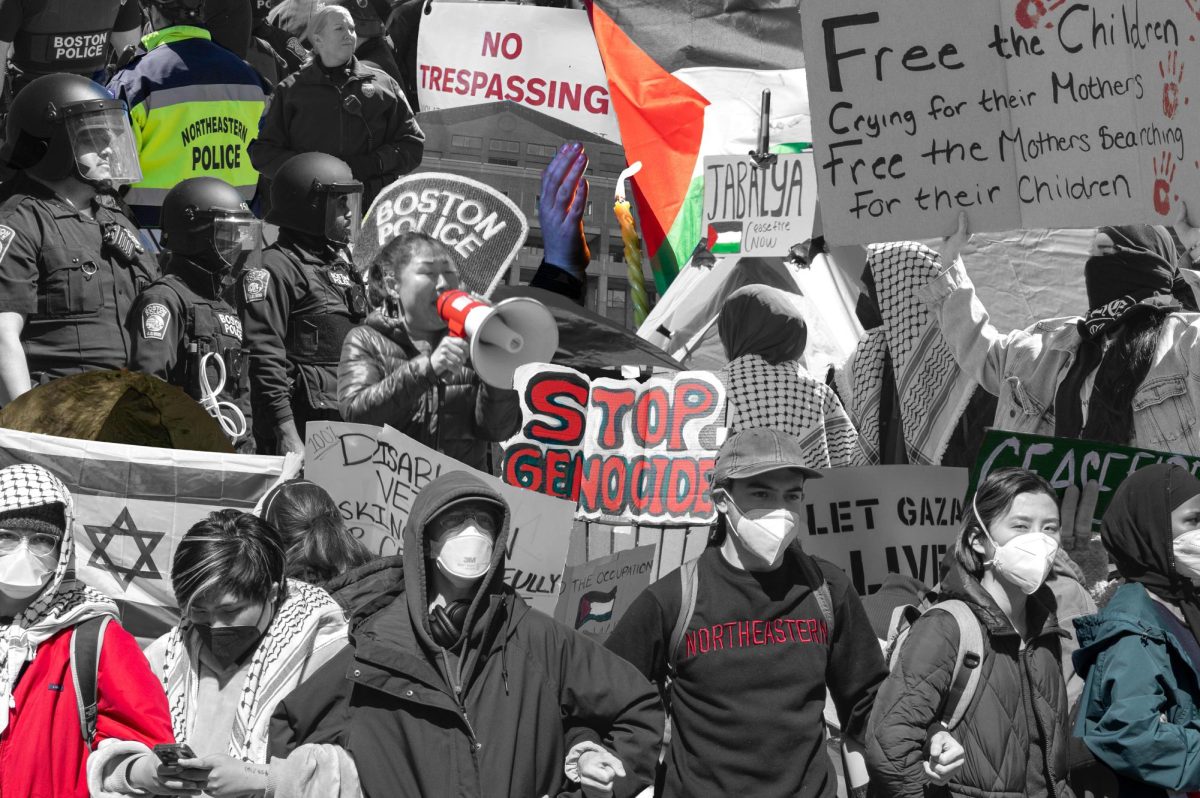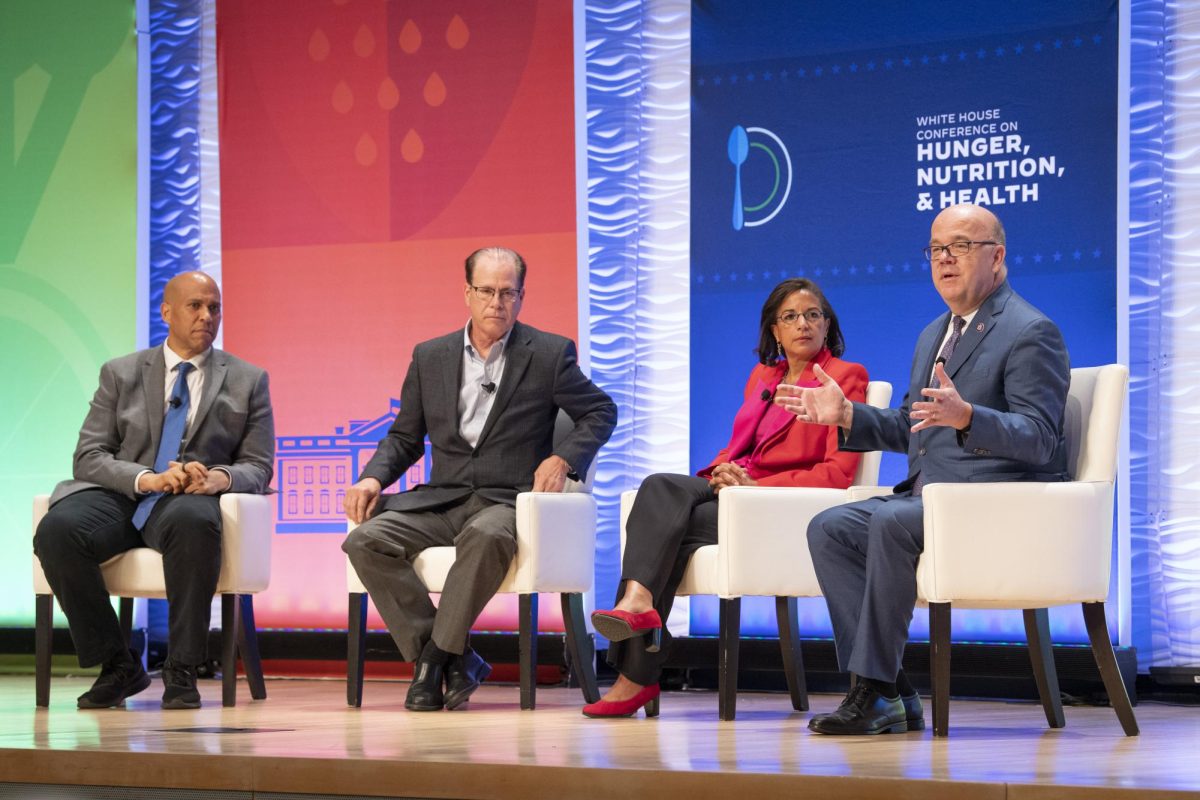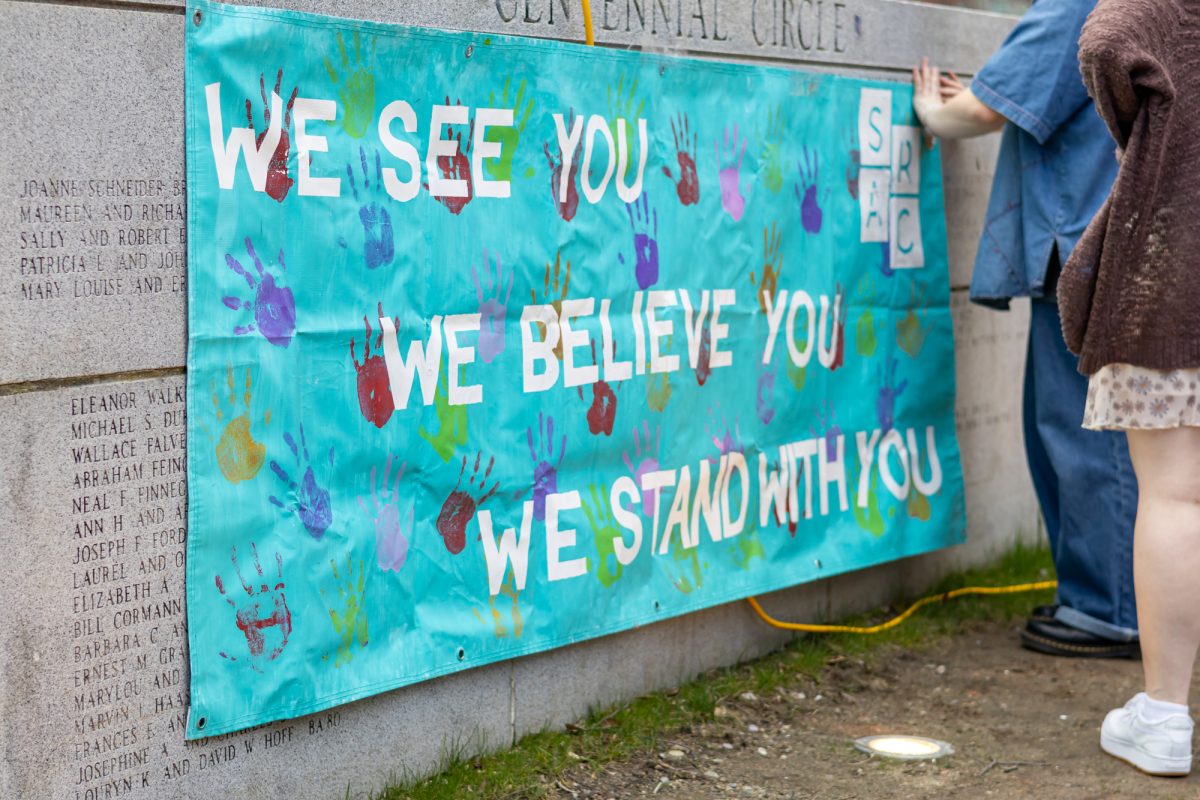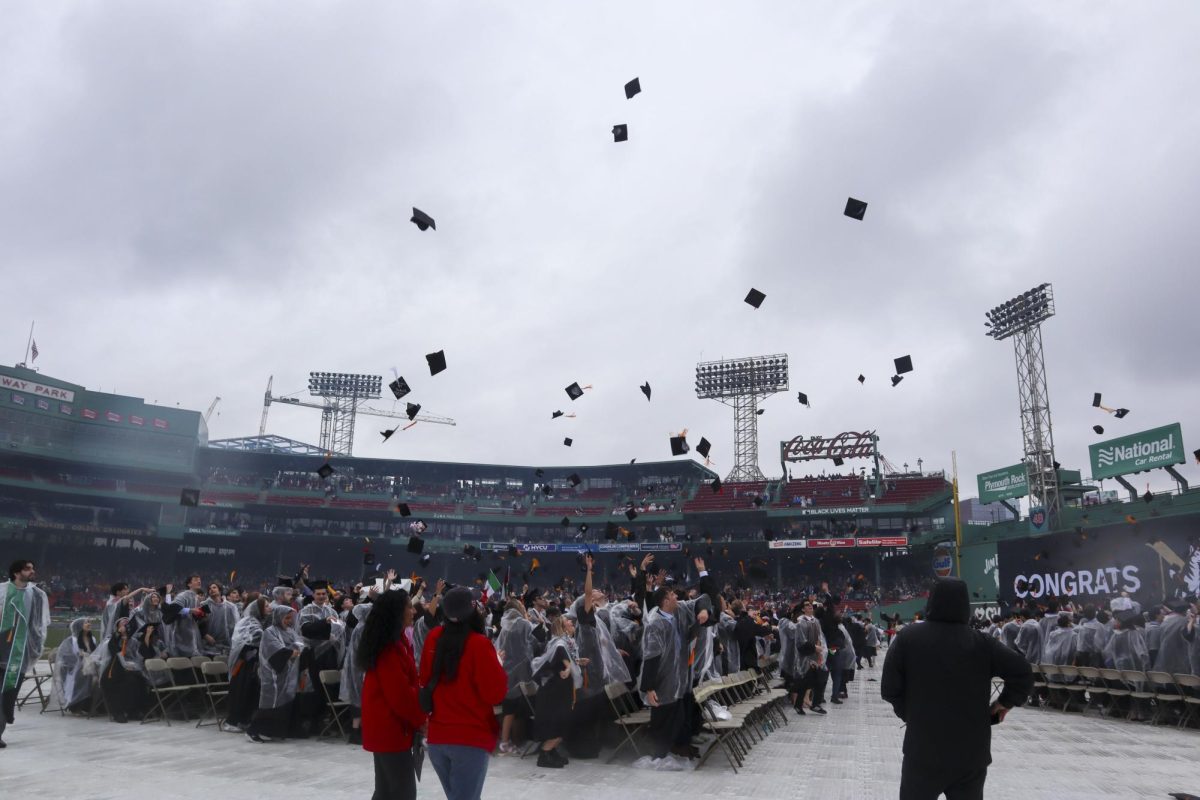By Hao Lu, News Correspondent
Three Northeastern students arrived in Doha, Qatar last week to attend the 2012 United Nations Framework Convention on Climate Change. Northeastern, as an observer organization, is one of six US educational institutes at the university level sending students to attend the conference.
“Our job is to work with the other research institutes, to push policies or to promote policies to be based on science,” Michael Green, a senior who has been in Doha participating in the conference, said.
“I think it’s amazing that we are able to have such a presence at an international negotiation, and it’s also really important for students like myself that are passionate about this subject to be able to get so directly involved.”
The decision from the working groups go to the larger body and eventually into the mandate of the Kyoto Protocol, which is an international agreement adopted in 1997 to set binding obligations to contain emissions of the main anthropogenic greenhouse gases.
Because the first commitment of the Kyoto Protocol is ending this year, one of the main goals of the conference is to get the treaty extended to 2015.
By Dec. 7, the representatives are going to reach a decision, which will be either an extension of Kyoto Protocol or some other body that would help to create a new treaty in next two to three years, Green said.
The conference will coninue until Dec. 7. This is not the first time Northeastern has been involved in the conference. Denise Garcia, assistant professor in the department of political science, has been working on the project for three years.
Garcia could not be reached for an interview.
As an environmental studies and international affairs dual major, Green did a Dialogue of Civilizations with Garcia last summer, and was chosen as the point person to attend the conference, along with two other students this year.
“I’m here from 7:30 in the morning till 10 or midnight everyday,” Green said. “This is exciting, and we are working very hard. A lot of people are really demoralized by the fact that the negotiation seems to be moving very, very slowly. However, I think that we as youth seem very optimistic. We know that we will be the ones that will be able to make a difference soon.”
Green works with the other young representatives from more than 70 different countries. A number of the negotiations are broken into small categories, with anywhere between 10 and 200 negotiators in each individual working group.
The young representatives do research, present their opinions, and wait for approval from the negotiators.
“The youth delegation is having a great time. We have been very proactive,” Green said.
“There are some pieces on the inclusion of education that we really want to put through. Our point is that helping the next generation and educating the next generation on climate issues is very important in the implementation of Kyoto Protocol. We are pushing for more strong language on the promotion of higher education in that document.”
Green said Northeastern can play a vital role in working as a research institute in the conference and could significantly influence the U.S. delegation. It is also a great experience for students to go to the conference to see what is happening, he said.
Green said he worked to receive grants for attending the conference from several departments, but it would be easier to continue the project and get more students involved if the school could make funding available for the actual project rather than each individual student having to take financing upon themselves.
“I think it is really important to get the youth involved and represent the point of view of the future generations,” he said. “Their policy is affecting me and the only way that I can influence them, talk with them and promote my point of view is to be here at this conference and to be meeting with them, helping them create a better vision of the future.”
For more information about the 2012 United Nations Framework Convention on Climate Change, visit http://unfccc.int/2860.php.


